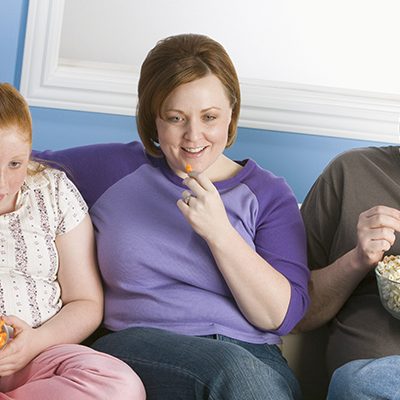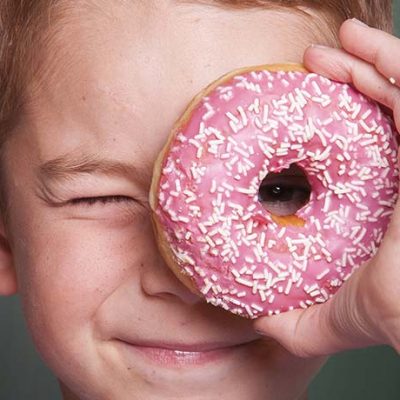
Does a feeling of reward cause obesity?
A French team have examined the role of pleasure when compared to that of energy needs in food intake. The study was performed on a group of mice and considered the activity of neurones that regulate feeding behaviours, known as NPY/AgRP. These are activated in periods of fasting and promote food intake. They found that these neurones become dispensable when a highly palatable diet is chosen; instead the hedonic circuitry in the brain drives the feeding behaviours. However when food is not palatable, it is the AgRP neurones that drive feeding in response to the body’s metabolic needs.
Using these findings it was shown that animals with compromised AgRP neurone activity could be more prone to comfort eating as they are more likely to consume palatable food due to stress. The mice with compromised AgRP neurones were also more sensitive to external factors, such as stress, they were therefore very good models for comfort eating.
A continued exposure to palatable foods, many of which are energy-rich could alter NPY/AgRP circuitry and cause them to become desensitised, leading to the reward circuit taking over. Overall, these results shed more light on the energy balance mechanisms controlled by NPY/AgRP and highlights how the reward circuitry interacts with it and may explain why people can’t seem to avoid eating the wrong foods!




